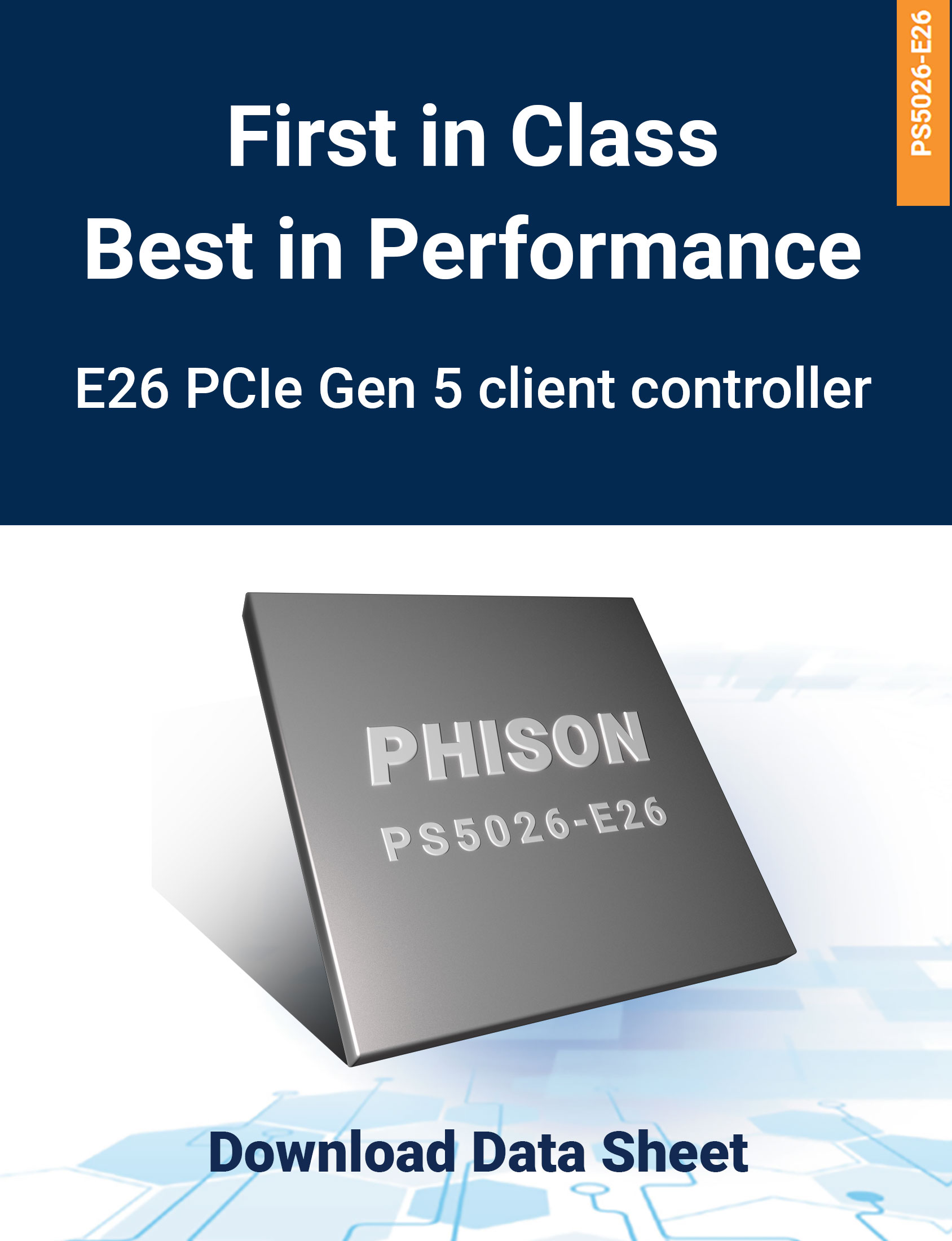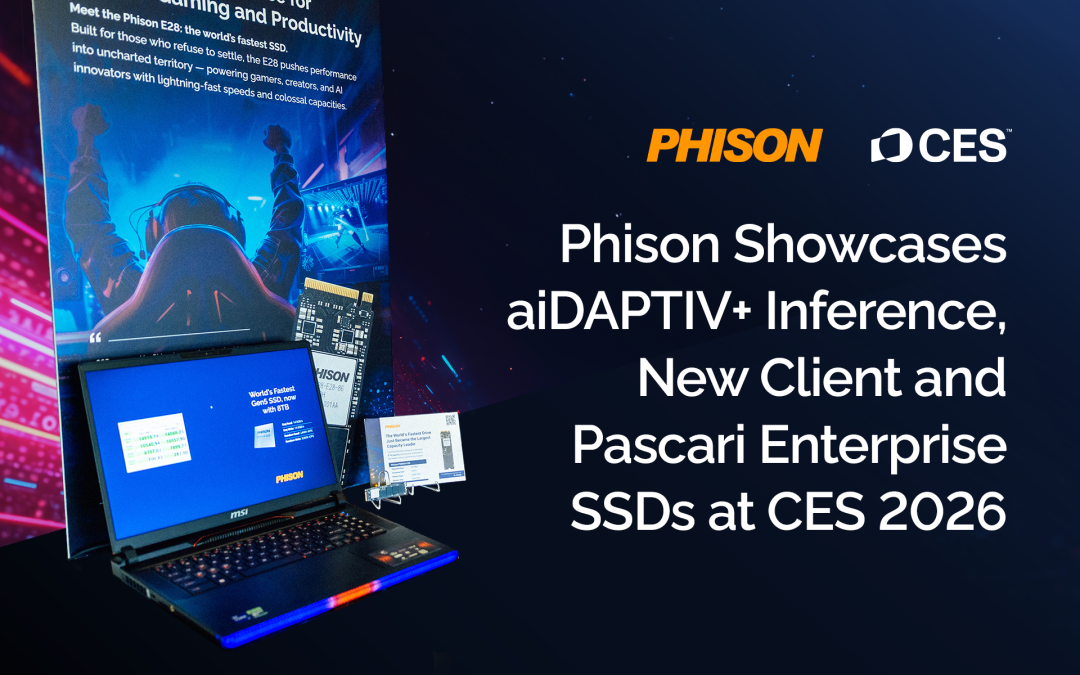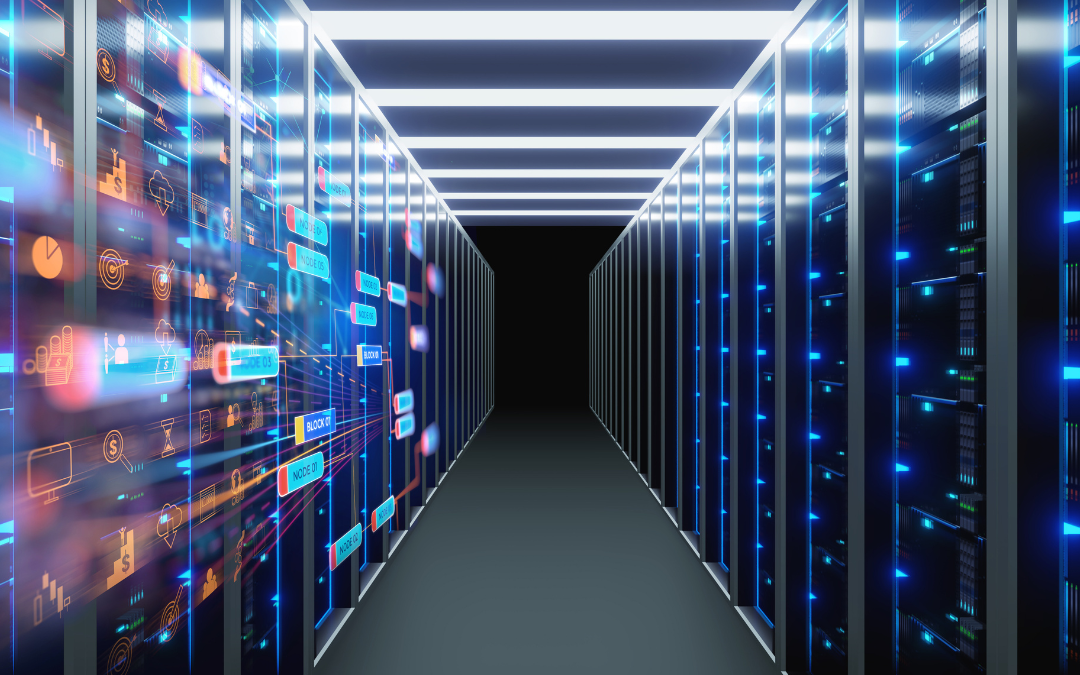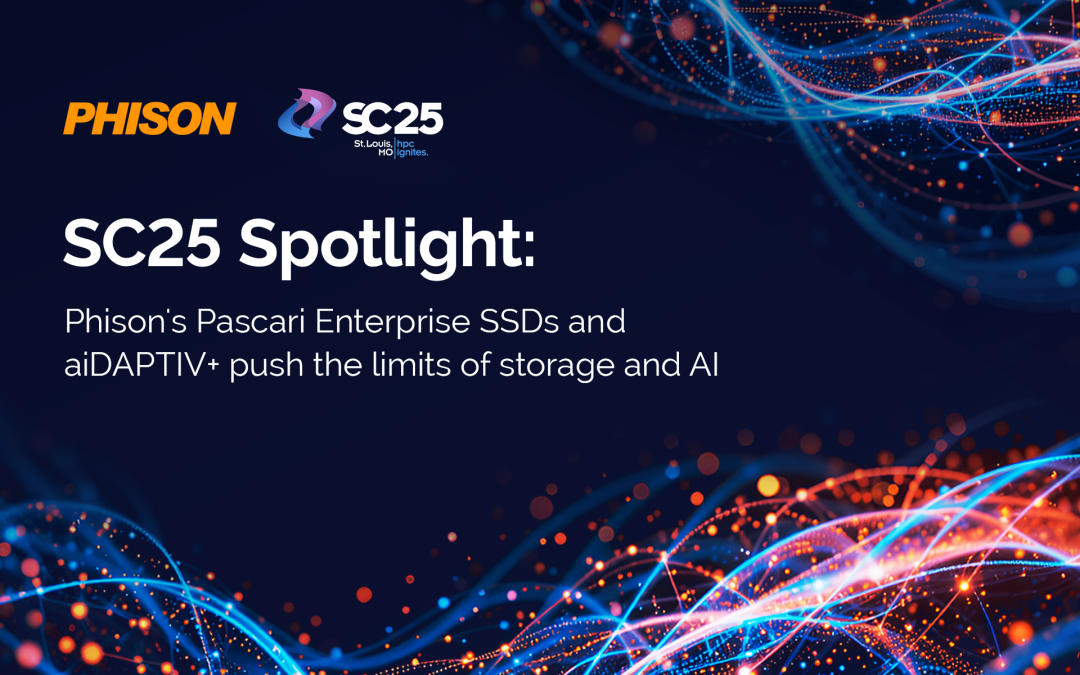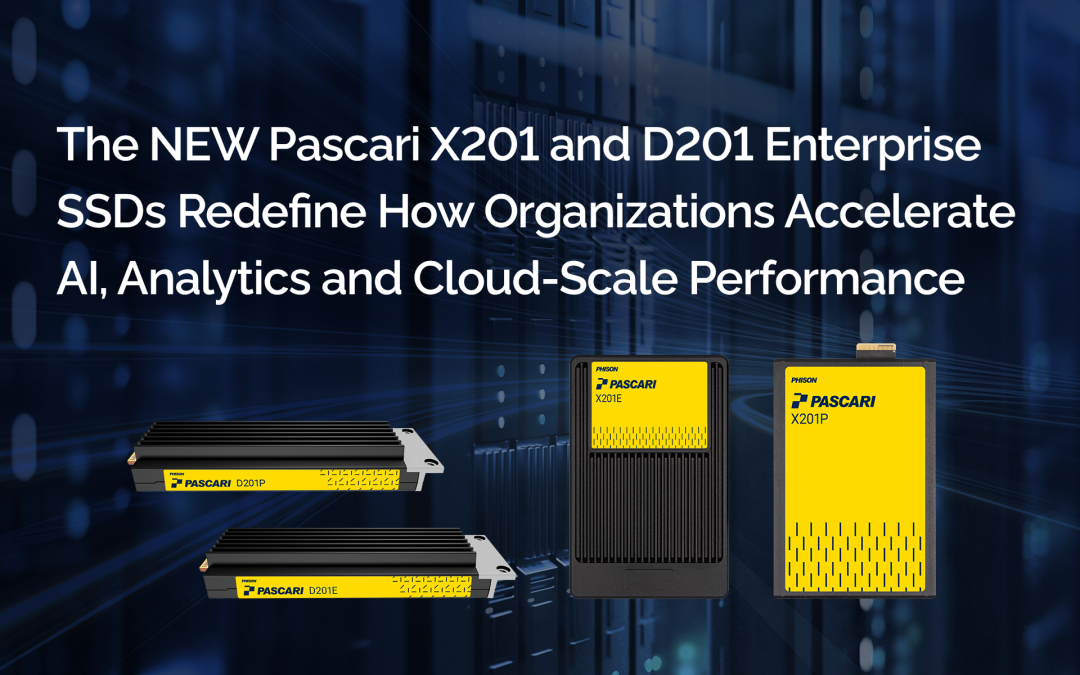Remote and hybrid work have become increasingly popular ever since the COVID pandemic forced organizations across the world to provide ways for employees to stay productive while quarantining. While the demand for social distancing has gradually dissipated, many workers have become accustomed to working remotely or according to a hybrid model (where they switch back and forth from office to remote).
According to a recent Forbes article, 12.7% of full-time employees still work solely from home today, while 28.2% work a hybrid model. That’s over a third of the nation’s workforce. The same article reports that 98% of workers want to work remotely at least some of the time—which makes it clear that while traditional office work might not be disappearing anytime soon, neither will the desire to seek jobs that allow hybrid work.
The challenge for many organizations, then, is to find technology solutions that enable and simplify remote and hybrid work both for the workers themselves as well as IT.
Remote and hybrid work require resilient, high-performance infrastructure
To enable employees to be productive wherever they choose to work, an organization needs to build infrastructure to support their needs. These include:
-
-
- Videoconferencing applications
- Real-time messaging platforms
- Remote access to databases and in-office systems
- Virtual private networks for security
- Access to cloud applications and services
-
When a worker logs onto an organization’s network from home or anywhere else outside the office, they need the same high performance and response from their systems as they would have in the office.
Most organizations use a high degree of virtualization to enhance remote and hybrid work capabilities. Virtualization is a technology that allows an organization to create a number of “virtual machines” on a single server. Each virtual machine, or VM, has its own operating system and full set of applications and data. All of the VMs share the server’s compute, storage and networking resources—which are managed and distributed among VMs by a hypervisor.
Virtual desktop infrastructure (VDI) is also a common practice for organizations that have a lot of remote or hybrid employees. VDI use VMs to create virtual desktops for employees to access remotely. The actual work is done on the host server, but the employee sees and interacts with the desktop, applications and other services through their local devices and from any location. With VDI, a server’s CPU and memory will affect performance but storage can often be the most challenging component. VDI requires a storage drive that can handle the intense I/O demands.
Remote and hybrid work requires infrastructure that delivers the high performance and consistency workers need. It requires computer drives that can keep up with demand and keep applications and services running smoothly and efficiently.
How SSDs can help
Enterprise SSDs are a smart choice for organizations that want to keep remote and hybrid workers productive and efficient. They are particularly well-suited for virtualization platforms and VMs. They deliver high performance, are reliable and durable, help save on energy costs and enhance data security.
Let’s take a closer look at each of these benefits.
High performance
SSDs boot up faster and offer overall enhanced performance over hard disk drives (HDDs). The drives’ high throughput and low latency improve the experiences of videoconferencing, file sharing and real-time messaging. In some jobs, even a small delay in hearing back from a colleague could lead to big financial losses or customer disappointment. With SSDs, remote employees can also toggle back and forth between multiple windows and applications without delays or lag. This allows workers to multitask and stay productive.
SSDs also help speed up VDI environments with faster storage. In a VDI system, storage demands can get intense because multiple users are trying to access the same pool of data. Multiple parallel demands on storage can slow down a system. But SSDs can handle a high number of input/output operations per second (IOPS), so the parallel demands aren’t a problem.
Reliability and durability
SSDs don’t have moving parts so there’s less likelihood of mechanical failures. They can also withstand extreme temperatures, vibrations and other harsh environments. Remote employees should be using SSDs in their laptops and other devices they use to work while out of the office. In the office, servers should use SSDs to handle high-volume I/O demands. When VDI hosts fail, SSDs can get up and running again faster than HDDs. SSD IOPS capacity scales very well and can keep up with a high rate of growth.
Reduced energy costs
SSDs consume much less power than HDDs. They also generate less heat, which means they don’t need the same level of cooling. By reducing power consumption, organizations can realize significant savings on energy costs over time.
Enhanced data protection
Many experts warn that organizations offering remote and hybrid work models will eventually come under attack. SSDs can help reduce the risks of data loss because many SSDs have a number of built-in security features, such as full-drive encryption, biometric authentication, secure data erase and self-defense measures.
Phison SSDs support remote and hybrid work initiatives
Phison is committed to bringing cutting-edge products to enterprises as current technology evolves and new technologies emerge. The S12DC QLC Enterprise SSD is just one example of Phison’s ability to deliver what organizations need. The controller enables the world’s highest-capacity 2.5” 15.36 TB SSD, which is optimized for extreme high capacity, read-intensive storage applications.
Phison also offers a range of advanced PCIe SSDs that can handle the intensive workloads that some remote work models generate. The company’s X1 SSD and controller solution is the industry’s most advanced U.3 PCIe Gen4x4 dual-port SSD and the cutting-edge X2 solution is one of the first Gen5 SSDs in the market.
As organizations continue to embrace remote and hybrid work models—and look for the advanced technologies that will enable, sustain and support those initiatives—Phison is ready to meet their needs.




